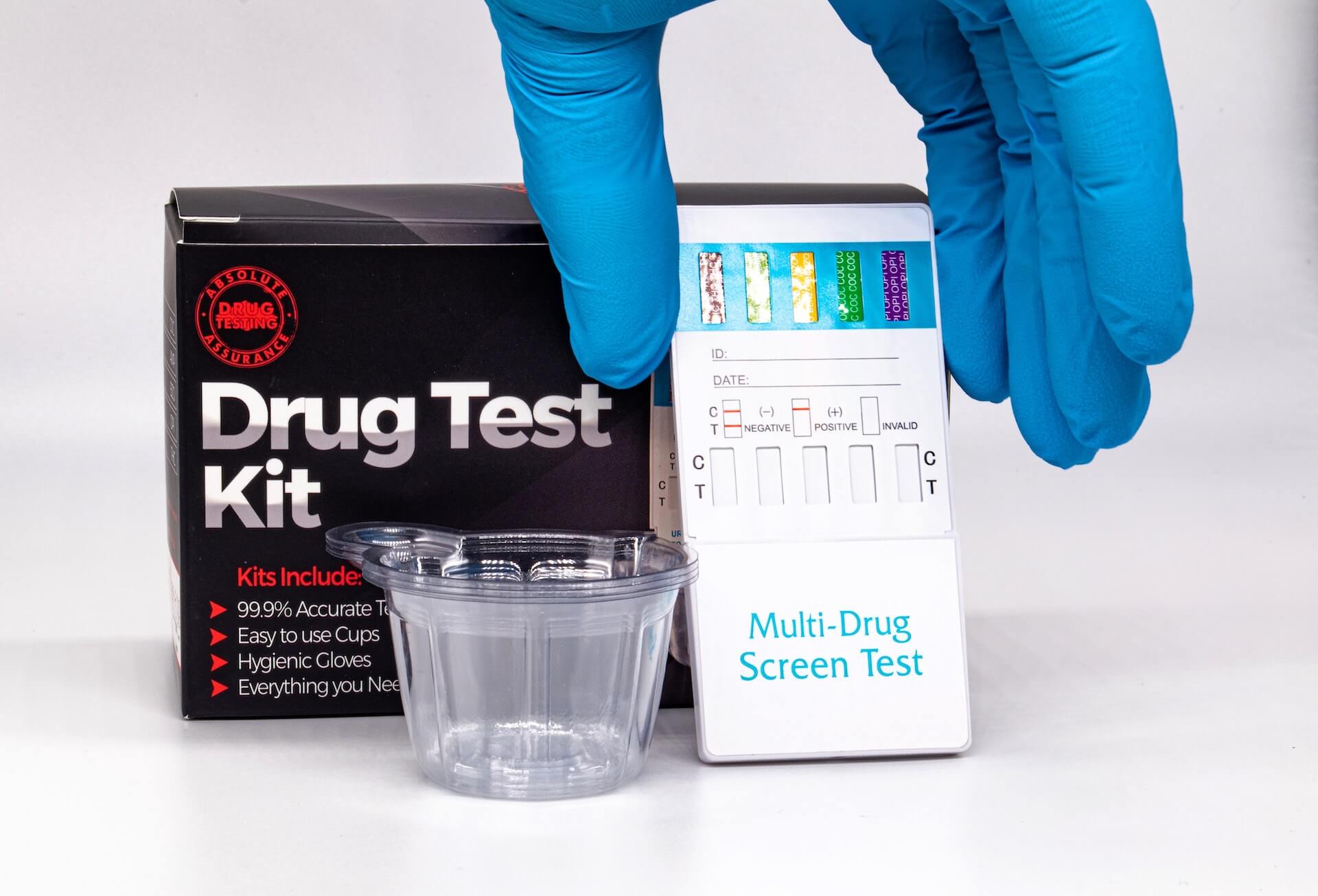The following is a guest post from frequent contributor Rick Kelley, director of crisis communications for Triad Strategies.
Ryan Braun: Victim or Villain?
To many who have listened to the sports pundits hammering major league baseball player Ryan Braun for winning an appeal of his 50-game suspension “on a technicality” after failing a drug test late last season, the Milwaukee Brewer star’s reputation is hopelessly soiled.
To many who heard Braun’s articulate and adamant assertions of his innocence in a news conference Friday afternoon, Braun is one athlete who may have deserved to become the first to successfully challenge a Major League Baseball drug-related penalty.
Former Phillies’ all-star and current ESPN baseball analyst John Kruk exemplifies those who, in 24 hours, turned 180 degrees from “he’s dirty” to “he’s made some excellent points.” Others, such as New York Daily News columnist Mike Lupica, went the other way.
To the extent that Braun, the National League Most Valuable Player last season, may have preserved his reputation, he owes it to a fundamental principle of crisis communication: develop and deliver your messages and don’t hide from those with questions (in this case, the news media). At the same time, Braun’s assertions regarding the testing process must withstand continuing scrutiny.
Braun clearly came prepared to deliver his messages. Those messages were persuasive and were delivered persuasively, beginning with his assertion that the collector of his urine sample had compromised the process by failing to submit the sample for 44 hours over a weekend.
Braun noted that he had passed drug screenings at least 25 times in his career, including three other times last season. He said he was told that the elevated level of testosterone allegedly detected in his urine sample was three times greater than the level detected in any previous drug test by any player. He said his weight, speed and strength have never fluctuated.
He also said, unlike how samples are handled once they arrive at the testing lab, those that sit in someone’s house over a weekend are not secured, implying that there were questions regarding misidentification or even tampering.
“There were a lot of things that we learned about the collector, about the collection process, about the way the entire thing works, that made us very concerned and very suspicious about what could have actually happened,” Braun said.
He then proceeded to answer all the questions reporters asked. Chief among them was what he thought could have occurred to his urine sample during the time before it was submitted – were the samples mixed up, was there tampering, etc. Braun refused to speculate.
Under journalism’s rules of engagement, news coverage can’t, or at least shouldn’t, include speculation unless a source is willing to provide it. To Braun’s credit, he didn’t walk down “Speculation Avenue.” Otherwise, he could have come across as defensive or, worse, appeared to ratify what the public already believed to be true (for an example, see our previous post involving Jerry Sandusky’s lawyer, Joe Amendola).
The lessons here are that crisis communication does not consist merely of showing up to answer reporters’ questions, and a news conference is an exercise in message discipline – responding, but pivoting back to the points you want to make. It takes preparation, usually involving professional help. We’d bet that Braun availed himself of such help.
Is it possible that Braun is simply a very good liar? Certainly, and cynics and skeptics will point to several of baseball’s most prominent players who proclaimed their innocence, only to be contradicted by evidence (Barry Bonds), proof (Rafael Palmeiro) or a subsequent confession (Mark McGwire).
And here we insert our usual crisis communication caveat: you cannot communicate your way out of something you behaved yourself into.
If he wasn’t being truthful, Braun may discover this the hard way. In throwing the sample collector under the bus, he has taken a considerable risk, creating an expectation that more of the story will be forthcoming. Additionally, now the sample collector’s reputation also is on the line, he may feel compelled to fight back.
If the rest of the story fails to materialize, or if it doesn’t hold up, Braun’s efforts to restore his good name will founder. Moreover, if the sample collector crawls out from under the bus and brings a defamation action against Braun, the communication aspect of his appeal strategy almost surely will have backfired.
In that case, Braun may find himself joining an already long list of baseball “heroes” who, despite spectacular achievements, can only enter the Baseball Hall of Fame the same way as the rest of us – by paying the admission fee.
——————————-
For more resources, see the Free Management Library topic: Crisis Management
——————————-
Rick Kelly is Director of Crisis Communications for Triad Strategies, and an unabashed Phillies fan.


What Braun has done can be taken as the last resort to regain his reputation. If it backfires, he will certainly be in deep trouble.
P.S. On Tuesday, the collector emailed a statement to ESPN (the link is http://espn.go.com/mlb/story/_/id/7625756/statement-dino-laurenzi-jr-collected-samples-ryan-braun-case). As more information surfaces, it appears that Braun’s reputation will suffer major damage, not so much for violating MLB’s drug policy and lying about it, but for gratuitously throwing an innocent professional under the bus. We’ll be looking at additional lessons learned as the dust settle on this.